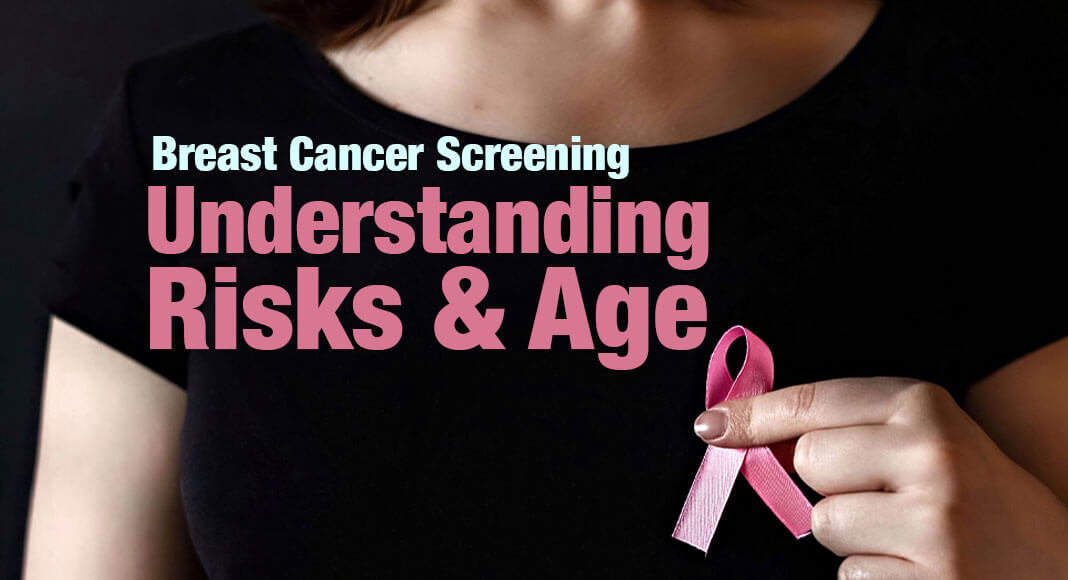
Mega Doctor News
By Rutgers Cancer Institute of New Jersey
Newswise — New Brunswick, N.J., – Aside from skin cancer, breast cancer is the most commonly diagnosed cancer in women in the United States and will result in an estimated 43,250 deaths in the nation this year, according to the American Cancer Society. The most effective screening tool for breast cancer is a mammogram, which uses low dose X-rays to create images of the breast. This method can find breast cancer before there are any signs or symptoms, and before the cancer grows larger or spreads to other parts of the body. Fortunately, when breast cancer is detected early, it is easier and more successful to treat, which is why all women should learn about screening regardless of their age.
Risk of developing breast cancer increases as you get older. The two most significant risk factors for developing breast cancer include being a woman and increasing age, however, there are other factors that may increase your risk. You may also be at high risk if you have a mother or sister who developed breast or ovarian cancer or if you have multiple family members who developed breast, ovarian or prostate cancer. According to the American Cancer Society, breast cancer mainly occurs in middle-aged and older women, with a median age at the time of diagnosis at 62.
Women over 70 are still at risk of breast cancer. It is generally recommended that women begin getting a mammogram at age 40 annually. For women aged 50 to 74 years, The United States Preventative Services Task Force (USPSTF) recommends concludes that the current evidence is insufficient to assess the balance of benefits and harms of screening mammography in women aged 75 years or older. The American Cancer Society advises physicians to continue screening patients as long as they are in “good overall health” and have a life expectancy of 10 year or longer.
All women should pay attention to breast cancer warning signs. Early disease usually does not cause pain. As the cancer grows, symptoms may include a lump or thickening in or near the breast or in the underarm area, change in the size or shape of the breast, or tenderness. Other symptoms include nipple discharge or the nipple pulled back into the breast, or a change in the way the skin of the breast, areola, or nipple looks or feels (warm, swollen, red, or scaly).
Early detection saves lives. If you are unsure about breast cancer screening recommendations for your personal situation, discuss with your doctor to make a decision that feels right for you. Learn more at rwjbh.org/mammo.
Michele Blackwood, MD, FACS, is Chief, Section of Breast Surgery at Rutgers Cancer Institute of New Jersey, the state’s leading cancer center and only National Cancer Institute-Designated Comprehensive Cancer Center and Medical Director, Northern Regional Director of Breast Services at RWJBarnabas Health.









